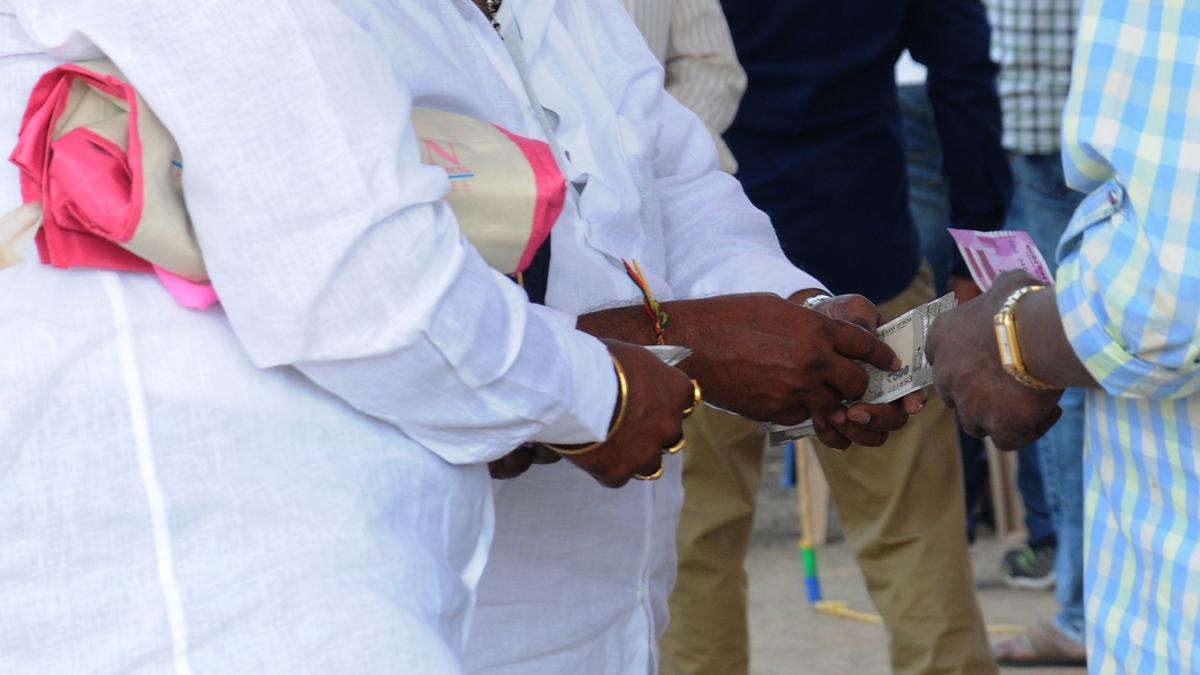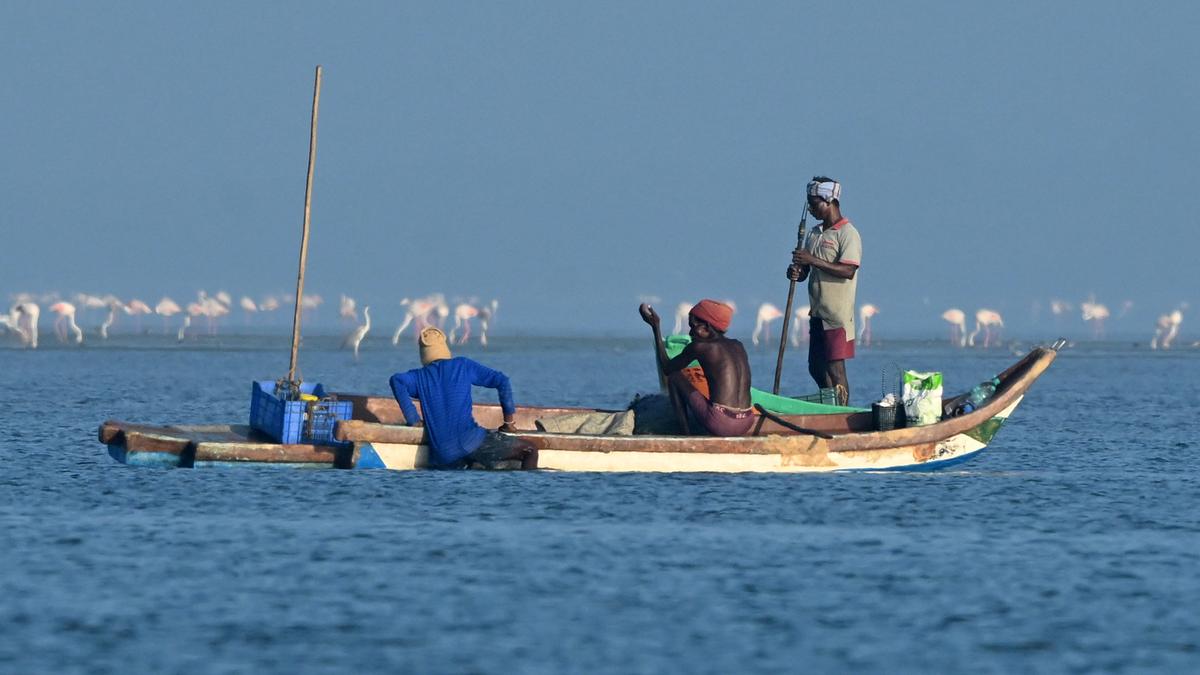For the nearly 40,000 tribals in Mysuru Lok Sabha constituency, elections provide a once-in-a-five-year opportunity to make themselves heard by the political parties in Karnataka.
But as the campaigning ended for the polls to be held on April 26, it transpired that neither the BJP nor the Congress bothered to address their grievances, including implementation of the Forest Rights Act and the right to collect minor forest produce.
“Though party workers visited some of the hamlets, or hadis, the candidates themselves were not to be seen during the campaign,” said S. Sreekanth of Development through Education (DEED), an NGO advocating the cause of tribal communities.
What is disconcerting is that the plight of the tribals and the desire to improve their living conditions have not found a mention in the manifesto for Mysuru and Kodagu region released by the Congress while the BJP simply spoke of promoting organic growth of the region without disturbing nature.
Based on their earlier experience and in anticipation of a repetition of the same indifference, the tribals prepared their own manifesto, which was distributed to the party workers and to the local leaders of different political parties, at Hunsur on April 21.

At a meeting of tribal community leaders at DEED, participants decided to apprise political parties and the Karnataka government of their long-pending demands.
P.K. Ramu, president of Budakattu Krishikara Sangha, said that unless there is representation for the tribals in local bodies, like gram panchayat and zilla panchayat, the policy-makers will ignore their issues.
‘’We are referring to genuine tribals, and not the communities notified under Scheduled Tribes wherein only one or two dominant groups hog all the benefits,” said Mr. Sreekanth.
He pointed out that well-organised communities like Naik, Parivara, Valmiki, Talawara have hogged all the benefits while the remaining communities under the schedule tribe category have been left high and dry, as they are numerically small, including the forest-dwelling tribes or adivasis.
Apart from reservation for forest-dwelling communities in local bodies, the tribals also want access to their ancestral burial grounds and places of worship.
One of their main demands is the rehabilitation of 3,418 tribal families, as per the directions of the High Court of Karnataka, besides inclusion of nearly 1,500 tribal families from Hunsur whose names have been left out from the list of voters.
Their other demands include basic issues like repair of roads leading to their hamlets and provision of drinking water, none of which have been take up despite 75 years of independence.
Though it will be the 18th parliamentary elections besides 16 Assembly elections, the lot of the tribal communities, mainly Jenu Kurubas, Betta Kurubas, Yaravas, and Soligas, to name a few, has not improved.
But, despite their disappointment with the political class for ignoring their plight, their faith in electoral democracy to bring about an improvement in their living conditions, has not eroded.
“The concept of boycotting an election is alien to a majority of them,” said Mr. Sreekanth.

 1 week ago
100
1 week ago
100


